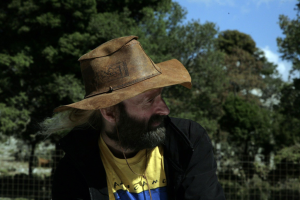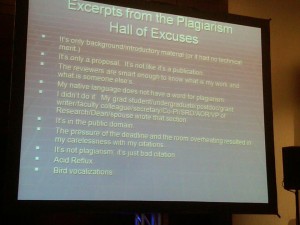Just four months after an allegedly stolen dinosaur fossil was returned from Germany to Brazil, a prominent European paleontologist published a paper bound to spark renewed controversy in an already-divided research community.
And so it did: Less than a month after the article, which criticized the online repatriation campaign, was published on October 2 in The Geological Curator, it vanished again.
“This flawed corporatist rant, loaded with racist undertones, has been retracted,” Juan Carlos Cisneros of Universidade Federal do Piauí, in Teresina, Brazil, wrote on the social media platform X.
The reasons for the retraction are not entirely clear, but the journal may have faced external pressure, according to the paper’s author.
Continue reading ‘Trump’ vs. ‘Indiana Jones’: Paper reviving bitter quarrel over dino fossil pulled for murky reasons








